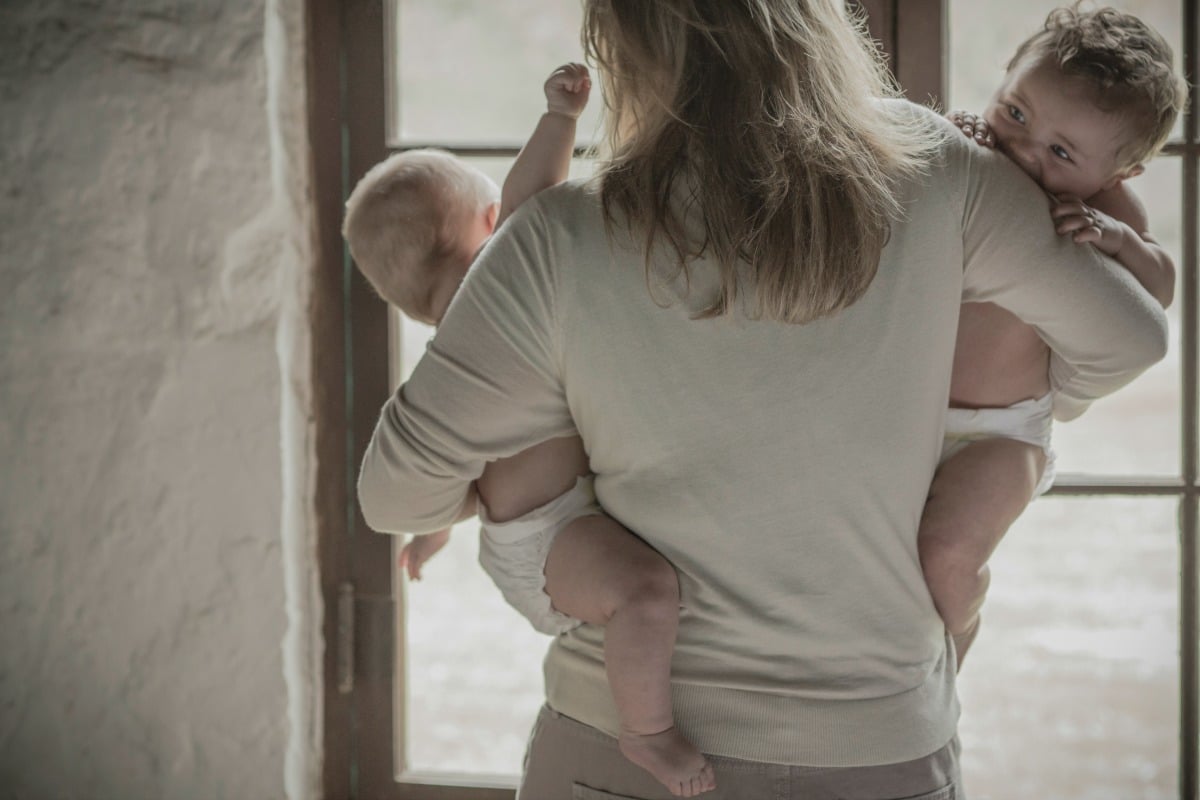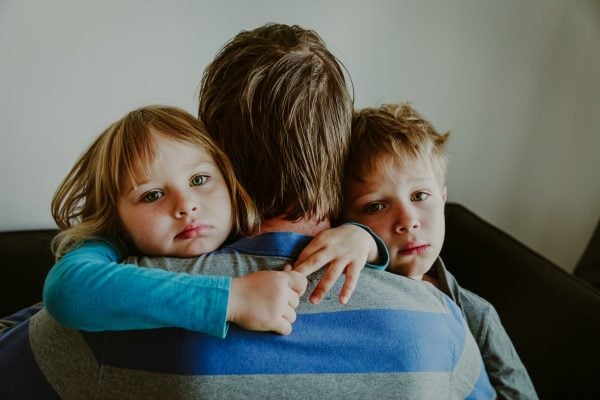
Children are a wonderful gift, bringing joy, laughter, and love. But, then there are the toys, the sleepless nights, the constant barrage of “why?” questions and the plethora of sticky handprints.
For many parents, the decision to have a second child is made with the expectation that two can’t be more work than one. But our research on Australian parents shows this logic is flawed: second children increase time pressure and deteriorate parents’ mental health.
Our study used data from the Household, Income and Labour Dynamics in Australia (HILDA) Survey, following roughly 20,000 Australians for up to 16 years. The goal was to see what happens to parents’ time pressure and mental health as first children are born, age and new siblings arrive.
We weighed two main questions that many parents ask themselves when making the decision to have a second child: Do things get better as children grow older, sleep more and gradually become a bit more independent and robust? Or does a second child add to what may already be a highly stressed and time-poor household?
The most ambitious discussions about having second children occur during a date night, in between the first and second bottle of wine – where the short and long-term impacts of children peer out from the distant future.
These tensions between the short- and long-term impacts of children tap into what social scientists call the stress process model. In this perspective, major life events can increase stress either in the short-term, as an eventful experience, or as a chronic strain, with effects that linger over time.





























































































